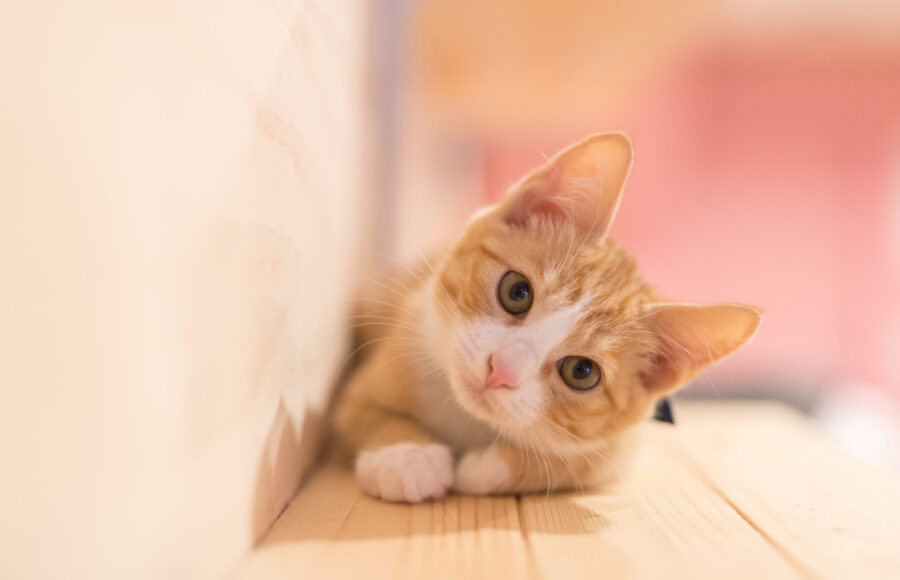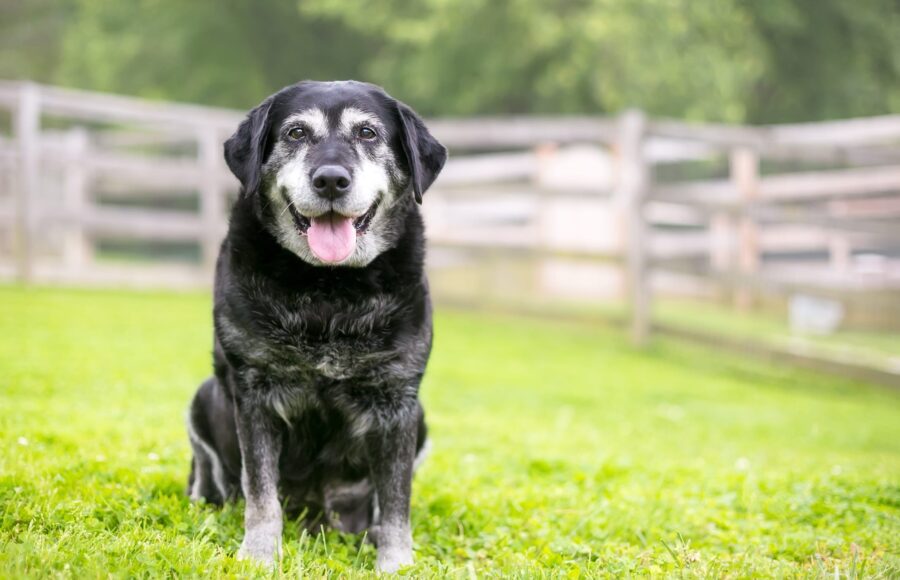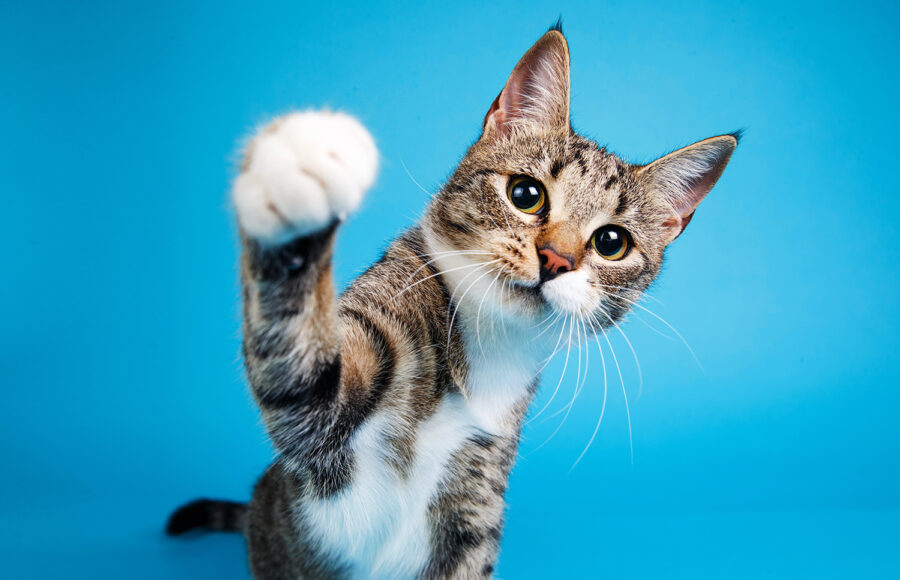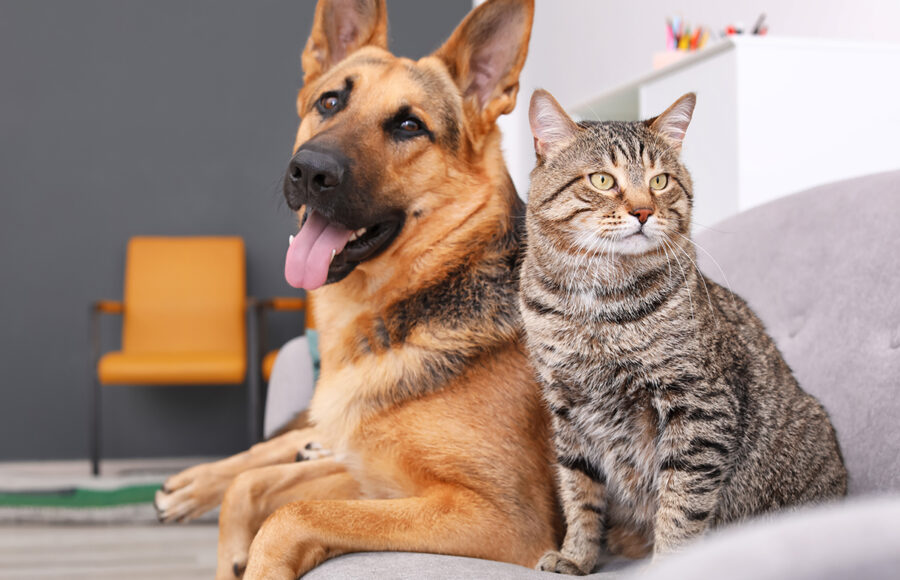
Feline Lower Urinary Tract Disease
From HillsPet.com
What is Feline Lower Urinary Tract Disease?
Feline Lower Urinary Tract Disease (FLUTD) is a general term and includes, for example, urinary stones and other causes of bladder irritation.
The most common disorder of the group is feline idiopathic cystitis (FIC). FIC involves inflammation by an unknown cause, but stress is thought to be a significant factor.
While FLUTD can include cat urinary tract infections, it’s only seldom so. If you see blood in your cat’s urine, it is most probably a sign of FLUTD, bladder stones or a urethral plug — not an infection. In dogs, blood in the urine often is a sign of an infection, but this is rarely the case in young to middle aged cats.
FLUTD is also associated with the formation of crystals and stones in the urinary tract that can cause numerous and painful ailments for your cat. Struvite and calcium oxalate stones are common stone types.
Struvite crystals in your cat’s urine can combine with mucous and form a urethral plug. The urethra is a tube that carries urine from the bladder and out of the body.
If your cat is not peeing freely, a urinary blockage may be the cause. Contact your vet immediately as this condition is urgent and could be fatal if not treated.
What are the signs of FLUTD in your cat?
If your cat exhibits any of these warning signs of FLUTD, consult with your veterinarian.
- Urinating outside of the litter box (inappropriate urination)
- Straining when urinating
- Loss of bladder control
- Increased frequency of urination, usually passing small amounts of urine
- Pink, dark or bloody urine
- Crying out in pain/vocalizing during attempts to urinate
- Licking the genital area
- Reduced appetite
- Lack of energy or interest in normal activities
Home environment risks and other causes
STRESS
Cats can internalize stress in their urinary tract, which can lead to painful inflammation. Stress may be caused by factors such as house guests, conflicts with other pets, or a lack of places to rest or hide.
EXCESS WEIGHT
Overweight cats are also more likely to suffer from FLUTD.
LOW WATER INTAKE
When pets drink less, their urine is more concentrated, which increases the likelihood of stone formation.
LITTER BOX
Cats can associate painful urination with the litter box and stop using it.
FLUTD is serious and requires medical attention. Fortunately, you can help your cat recover with treatment from your veterinarian and the right FLUTD diet.




